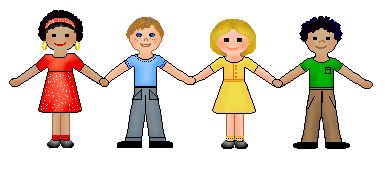I recently read an paper on challenging behaviour titled 'Prevention and Intervention for the Challenging Behaviors of Toddlers and Preschoolers' by Diane Powell, PhD; Glen Dunlap, PhD; Lise Fox, PhD. This paper delves into early identification of such behaviour and strategies on how to resolve them.
The authors discuss challenging behaviour in relation to toddlers and preschool children. Apparently research in this area is sparse but the signs are that the adoption of validated practices is beneficial in reducing this form of behaviour thereby promoting their social and emotional well-being in society today.
The paper cites Smith & Fox, 2003, to state that challenging behaviour is a repeated pattern of behaviour that interferes with optimal learning or engagement in prosocial interactions with peers and adults. They also claim that this behaviour is always embedded in the context of child-caregiver relationships and interactions. I find it interesting that this article also cites other research that states an interconnection between social-emotional development and children's cognitive development, and the acquisition of preacademic skills and preparedness for school.
These skills do not involve academic learning but self confidence, relationship skills, self management, and emotional and attentional self regulation which are necessary competencies for participation in group learning.
The article presents a model of prevention and intervention practices. One of these prevention practices involve the setting up of a supportive environment in early childhood settings. The model of prevention and intervention to support challenging behaviour includes positive relationships at home and childcare, as well as family teacher relationships.
The article suggests that positive relationships, “nurtures resiliency variables”. Harsh discipline is not suggested as a preventive practice, but rather the encouragement to express positive emotions, empathy for others, and the promotion of problem solving skills. Monitoring and redirecting children's behaviour can also often prevent problems from escalating.
Once again I come back to reflect upon self-regulation in the early years and will shortly discuss papers that show how important it is during a child's early years to reflect what transpires later on in life.
